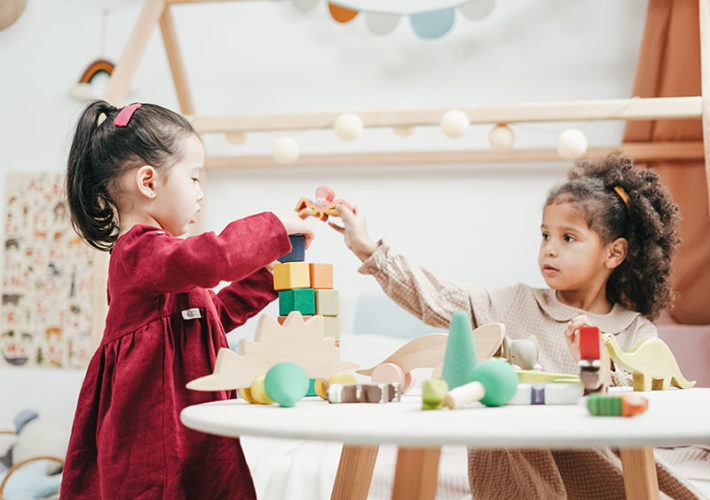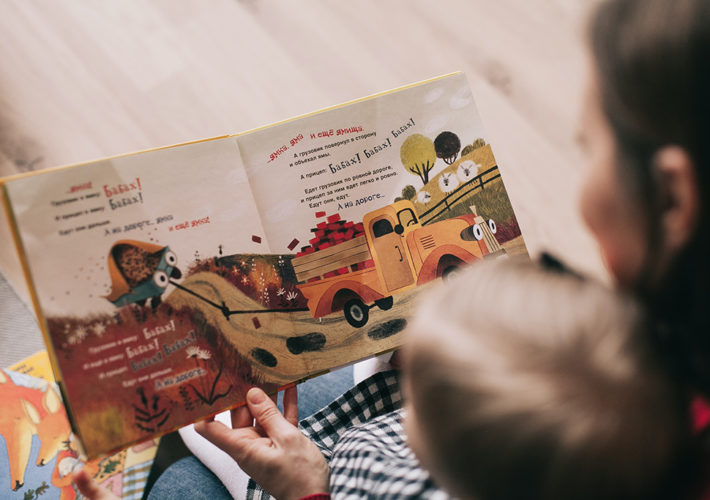Ever thought about hosting an au pair from Germany? Maybe you’ve heard a thing or two about Germans in the past—like they have a reputation for being very punctual and orderly—but what else do you need to know before you start interviewing German au pairs to potentially live with you and care for your children? For over 30 years, Au Pair USA has matched American host families with German au pairs who have become the best big sisters, big brothers, and extended family members to their families, even years later!

Here are some highlights to consider as you start your search for a German au pair:
- Age. German au pairs tend to be on the younger side of the 18-26 au pair age range. That’s because most German au pairs participate in this cultural exchange experience immediately after graduating high school. It’s called a gap year in Europe, and many graduates decide to travel or live abroad during this time before diving into university or their long-term careers. While an 18-year-old might seem too young to host as your au pair, many host families report that the younger age doesn’t equate to less maturity.
- Season. Because many German au pairs decide to come on program immediately following their high school graduation, you will tend to see more German au pair applicants during the summer months. If hosting a German au pair is top priority for you, we recommend beginning your experience during this time, as there will be more available candidates to choose from.
- Driving. The process for obtaining your driver’s license in Germany is rigorous and expensive, so Germans tend to be well trained and take driving very seriously. Rest assured if you’re looking for a driver, a German au pair will usually adapt easily to driving in the U.S.
- English. The German school system prioritizes learning English, so most Germans arrive with a great level of English and can communicate with ease. While the majority of au pairs want to improve their English while on program, German au pairs tend to arrive with a fairly high level from the get-go.
- Childcare hours. Because Germans tend to be on the younger side, they don’t often apply with thousands of childcare hours. This doesn’t mean they’re not skillful at caring for children! It’s just that they haven’t had as many opportunities (and years) to do things like work at a daycare or babysit full-time.
- Independence. Many German au pairs, even at a young age, have already done extensive travel around Europe. Because of this, they often have a high comfort level when it comes to traveling and being away from home.

When matching with any au pair, whether they are from Germany or not, it’s important to emotionally connect with the au pair during your interview. While it’s nice to have an au pair who can drive well or have a conversation without having to use Google Translate, having a personal connection and similar values makes all the difference when it comes to a successful match. Be sure to ask hypothetical questions and provide specific expectations so both you and your au pair aren’t met with any surprises upon arrival. Doing your due diligence during the interview process is a great way to get to know your next au pair and begin cultivating your (hopefully) lifelong relationship together!
If you’re ready to welcome your next au pair and are especially excited about welcoming a German au pair into your home, start here. Au Pair USA has hundreds of excited, German au pairs who can’t wait to share their culture and learn about your family!



